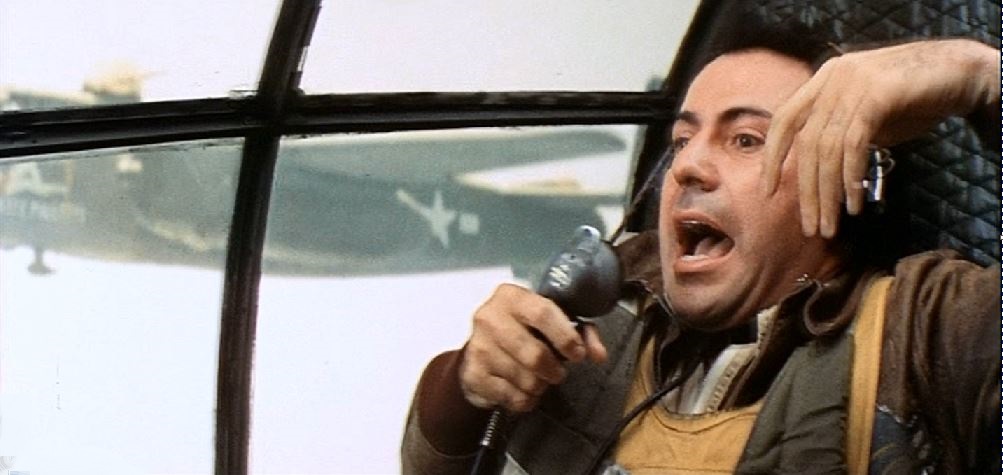
Definitions of insanity on a ‘Take out the garbage day’
WASHINGTON, D.C. – In Washington, Friday afternoon is prime time on what White House operatives call “take out the garbage day.”
It’s a term for managing the news cycle. Simply put, it means scheduling the release of unpopular or controversial information to the U.S. news media on the eve of a weekend, or late enough in the day, so reporters are less able to heat-up a story with angry sources and editors are too jammed up to give a Cuba story a bigger headline as they put together tomorrow’s news.
We’re betting something like that is afoot with Cuba…again.
A year ago today, the Obama Administration followed this time-honored practice when it waited until Friday, Sept. 5, to let the word go forth the President had renewed the authorities under the Trading With the Enemy Act (also known as TWEA) that are the underpinnings of U.S. sanctions against Cuba.
He has until September 14th to decide whether to extend that authority for another year. It will not surprise us one whit if a press release stating he has done exactly that is sent around before this [weekend]. But, if it doesn’t happen this [past] Friday afternoon of a three-day Labor Day weekend, we think you will be reading that TWEA was extended by Mr. Obama sometime in the next ten days.
During the six years of the Obama presidency, as we have gotten further away from the Cold War, the illogic inherent of this President renewing TWEA has been increasingly, emphatically clear: Cuba is not our enemy. The embargo is a failure. Renewing this authority, year after year, has only deepened America’s isolation in the Western Hemisphere and more broadly in the world.
Surely, he understood that.
U.S. policy toward Cuba is often used as a classic definition of insanity. A sentence buried in the President’s December 17th remarks dog-whistled that definition for all able to hear:
“To those who oppose the steps I’m announcing today, let me say that I respect your passion and share your commitment to liberty and democracy. The question is how we uphold that commitment. I do not believe we can keep doing the same thing for over five decades and expect a different result.”
Had we known last year on September 5th that exactly one hundred days later he would announce to the U.S. public, simultaneously with President Castro, that the two countries had agreed to resume diplomatic relations, 2014’s TWEA renewal might have gone down a little easier.
Now, it’s 2015. Today, the U.S. and Cuba have diplomatic relations, two functioning embassies, talks on matters from aviation to human rights, and increasing numbers of U.S. travelers going to Cuba. Now that the President has urged Congress in his State of the Union Address to end the embargo, why would he reinstate Cuba’s status under the Trading With the Enemy Act for another year?
Wouldn’t that be insane (or at least a really cringe-inducing, forehead slapping moment)?

Yes. Nevertheless, it’s likely he will soon sign another TWEA determination because of how Catch-22, a corollary of the classic definition of insanity, so neatly applies to Cuba.
Catch-22 is from the title of Joseph Heller’s novel. Set in World War II, the book is focused on an Army Air Corps bombardier, Captain John Yossarian, who, with his other colleagues, tries to fulfill his service requirements, maintain his sanity, and live long enough to return home in one piece.
Yossarian wants to be considered medically unfit to serve and relieved from duty. The catch is that if he continues flying the increasing number of missions he is assigned, that would show he is losing his marbles. But, if he asks to be relieved from duty, that would be the action of a sane man and he’d be forced to keep flying. So, he keeps flying.
Consider how closely TWEA parallels the core premise of Heller’s book.
The Trading With the Enemy Act has been branded by Amnesty International as “detrimental to human rights in Cuba.” The President could – as Florida International University Professor of Law José Gabilondo argued this week in the Huffington Post – allow the authority to lapse. But, the embargo would not disappear with it.
Elements of the harshest sanctions imposed on Cuba would continue to reside in Helms-Burton and The Cuban Democracy Act, which can only be repealed by Congress. Thus, once TWEA lapsed, the responsibility for U.S. sanctions would drop into Congress’s lap. That would score a suitably elegant set of political points, but its elegance would be lost on Members of the House and Senate who like the embargo as it is.
Even worse, as Robert Muse, a veteran sanctions lawyer, and Cuba scholar Professor Bill LeoGrande, have both argued, TWEA is a two-edged sword.
He can’t – and we can’t – live without TWEA because it is both the embodiment of the embargo and the source of President Obama’s power to weaken the embargo’s grip on travel, remittances, and trade.
Obama has to renew the embargo under TWEA, so he can keep the power to continue watering it down.
Now that’s a Catch-22.
(From Cuba Central)

